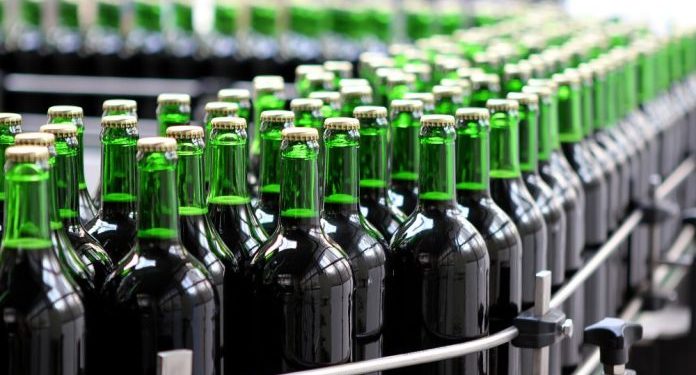A recent study commissioned by the Alcoholic Beverages Association of Kenya (ABAK) and conducted by Euromonitor Consulting has shed light on the significant economic impact of illicit alcohol sales in Kenya. The report highlights the alarming loss of an average of Kshs 71 billion in uncollected taxes each year, attributing it to the proliferation of illicit alcohol in the country. Moreover, the study unveils the growing popularity of illicit alcoholic beverages, their distribution channels, and the need for urgent measures to combat this issue.
Read more: Proposed Tax Reforms in The Finance Bill 2023
The report reveals that the volume of illicit alcohol sales has experienced a substantial surge in value since 2020, currently amounting to approximately Kshs 67 billion. This upward trend signifies the wider distribution and increased preference for illicit alcohol, particularly in low-income settlements. Illicit alcoholic beverages, often priced lower than legal drinks, have gained popularity due to non-compliance with tax and excise regulations.
The affordability of illicit alcohol can be attributed to several factors, including the low price of these beverages, high taxes imposed on legal drinks, and the expensive raw materials required for the production of safe alcohol. Additionally, the easy accessibility of illicit alcohol through street vendors, licensed liquor shops, grocery retailers, bars, and other hospitality outlets has contributed to its widespread availability. The primary targets for counterfeiting in the illicit alcohol market are mass-market, high-volume brands, which comprise a mix of mid-market and premium spirit brands. Following these brands are high-quality cider and beer.
Read more: Cheaper Licit Alcohol, Less Illicit Brews?
Illegal traders are also showing interest in ethanol due to the rising demand from illicit commercial alcohol manufacturers. The report points out that weak border patrols, widespread corruption, and unmanned entry points along Kenya’s borders continue to provide a safe passage for illegal traders. The smuggling of ethanol into the country has become prevalent, with illicit ethanol traders exploiting rising local demand, price differences, and the availability of ethanol in neighbouring countries such as Tanzania and Uganda. The most preferred border routes for such activities are Isibania and Shimoni (Kenya-Tanzania), Mbale and Busia (Kenya-Uganda), and Moyale (Kenya-Ethiopia).
To address this pressing issue, the report proposes the enforcement of strict laws making it illegal to be involved in the production, distribution, or sale of illicit alcohol through licensed or unlicensed outlets. Additionally, the report emphasizes the importance of consumer awareness campaigns to highlight the dangers of consuming illegal alcohol and the adverse health effects it poses to the human body. These efforts aim to reduce engagement in illicit alcohol production. By curbing this illicit trade, Kenya can protect its economy and public health and ensure a safer future for its citizens.














